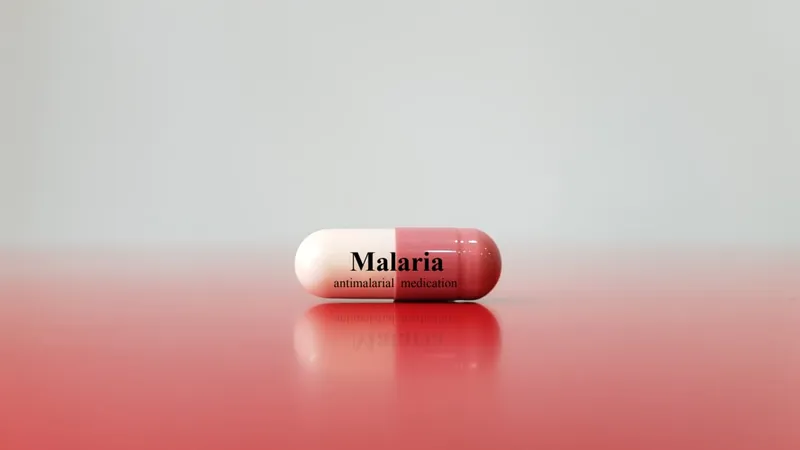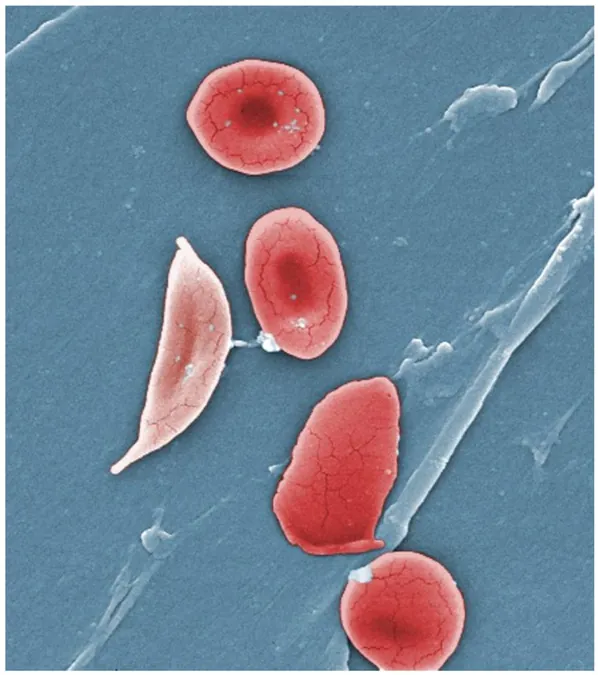
Coffee Lovers Rejoice: New Study Reveals Connection Between Caffeine and Lower Risks of Diabetes, Heart Disease, and Stroke!
2024-09-17
If you’re a coffee aficionado, there’s a delightful reason to indulge in your daily brew. Recent research published in the Journal of Clinical Endocrinology & Metabolism indicates that consuming one to three cups of coffee daily may significantly lower your risk of developing type 2 diabetes, heart disease, and stroke. This finding is particularly encouraging for those who enjoy their morning cup of joe, but experts also caution that not all caffeinated beverages are equally beneficial for your health.
What the Study Revealed
The comprehensive study utilized data from the UK Biobank, which tracks lifestyle and health statistics of over 500,000 individuals aged 37 to 73. Researchers scrutinized the correlation between caffeine intake—from sources such as coffee and tea—and the incidence of several cardiometabolic diseases. Results showed that moderate coffee drinkers—those consuming between 100 to 300 milligrams of caffeine daily—had a reduced risk of over 48% for these diseases compared to those who consumed little to no caffeine. The research further highlighted that engaging in moderate consumption of any caffeinated drink lowered the likelihood of developing these diseases by nearly 41%.
Interestingly, while coffee drinkers enjoyed the most pronounced health benefits, tea drinkers exhibited a decrease only in the risk of diabetes but not in heart disease or stroke. Despite these findings being promising, experts do advise caution, emphasizing that correlation does not imply causation.
Why is Coffee Beneficial?
The mechanisms through which coffee could promote cardiometabolic health remain a topic of exploration. Some theorized benefits include:
1. Vasodilation: Caffeine might relax blood vessels, promoting better blood flow, which could reduce stress on the heart and lower blood pressure.
2. Cholesterol Regulation: Caffeine has been linked to lower levels of the 'bad' cholesterol (LDL) by keeping a protein called PCSK9 in check, which aids the liver in breaking down harmful cholesterol levels.
3. Antioxidants Galore: Coffee is rich in antioxidants like chlorogenic acid, which are crucial for combatting oxidative stress in the body.
How to Optimize Your Caffeine Intake
While enjoying your favorite caffeinated selections, moderation is crucial. Some experts warn against high-caffeine energy drinks which can potentially elevate blood pressure and provoke heart palpitations. Health professionals recommend sticking predominantly to coffee or tea, as the caffeine content varies significantly among different types. A general guideline suggests that one to three cups of coffee is optimal, though it’s important to note that a 16-ounce coffee mug can represent nearly two servings.
For the best health outcomes, experts advocate opting for black coffee, as sugary or cream-laden beverage alternatives may negate some of the health benefits attributed to coffee's naturally occurring compounds.
For Those Who Can’t Tolerate Coffee
It's essential to remember that coffee isn't for everyone; individuals with stomach sensitivities or specific heart conditions may need to skip coffee altogether. Fortunately, tea remains a viable alternative, even if it wasn’t linked to the same degree of reduced disease risks in the recent study.
Ultimately, the good news about coffee consumption should be taken in stride; if you’re not a fan of this popular beverage, there’s no need to force it. For most people, the joy of savoring a cup of coffee in the morning is benefit enough!



 Brasil (PT)
Brasil (PT)
 Canada (EN)
Canada (EN)
 Chile (ES)
Chile (ES)
 España (ES)
España (ES)
 France (FR)
France (FR)
 Hong Kong (EN)
Hong Kong (EN)
 Italia (IT)
Italia (IT)
 日本 (JA)
日本 (JA)
 Magyarország (HU)
Magyarország (HU)
 Norge (NO)
Norge (NO)
 Polska (PL)
Polska (PL)
 Schweiz (DE)
Schweiz (DE)
 Singapore (EN)
Singapore (EN)
 Sverige (SV)
Sverige (SV)
 Suomi (FI)
Suomi (FI)
 Türkiye (TR)
Türkiye (TR)